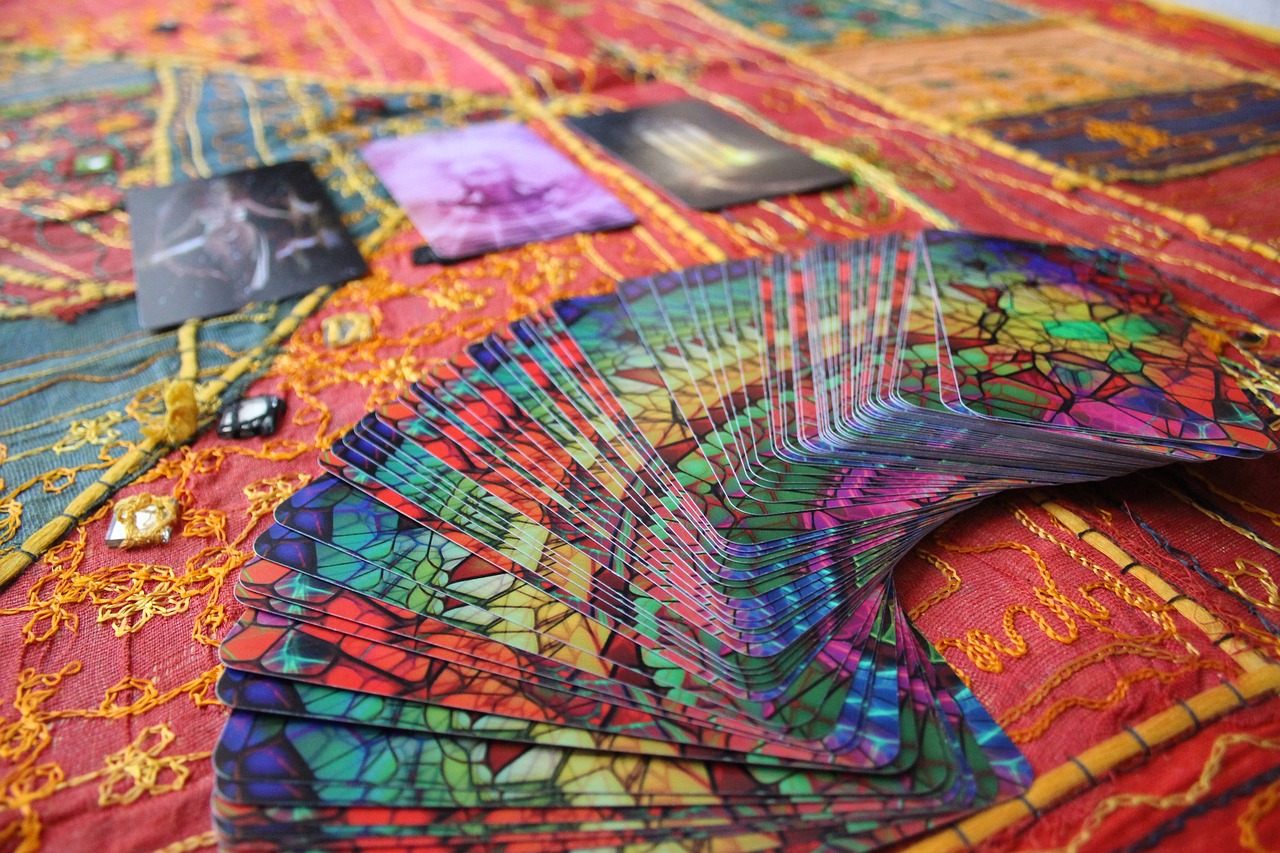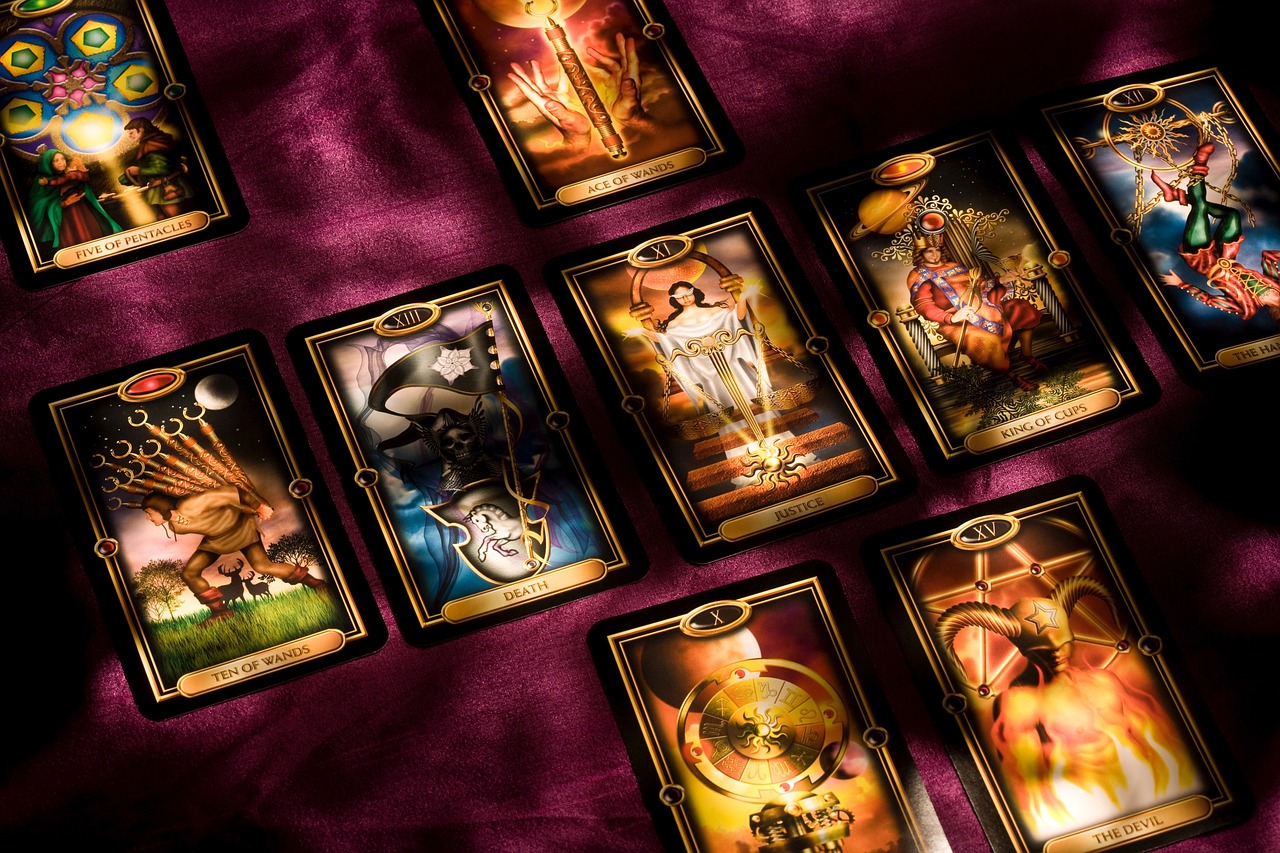Introduction
Psychic reading scams and misleading claims have become increasingly prevalent, exploiting vulnerable individuals with deceptive tricks and dishonest methods. In this article, we will explore the topic of whether people can truly see auras and what they are believed to mean;
Overview of the topic
The concept of auras, the alleged energy fields surrounding individuals, has intrigued people for centuries. Some individuals claim to have the ability to see auras, perceiving them as colorful emanations that can reveal a person’s emotional, physical, and spiritual state. Auras are believed to carry symbolic meanings, representing a person’s personality, health, or spiritual condition.
However, the existence and interpretation of auras remain highly debated. From a scientific perspective, the ability to see auras has not been proven or substantiated. Skeptics argue that claims of seeing auras may be attributed to psychological factors, such as suggestibility or imagination. It is important to approach the topic with skepticism and critically evaluate the evidence before accepting or dismissing the claims of seeing auras.
Importance of understanding psychic reading scams
Understanding psychic reading scams and their misleading claims is crucial to protect vulnerable individuals from exploitation and manipulation. Psychic fraud often involves unscrupulous tactics employed by spiritual con artists who prey on people’s desire for insight, guidance, and connection.
By recognizing the warning signs and deceptive tricks used by fake psychics, individuals can make informed decisions and avoid falling victim to fraudulent practices. It is essential to promote critical thinking and skepticism when evaluating psychic claims, including the purported ability to see auras and their meanings.
By raising awareness about psychic fraud, we can empower individuals to make more informed choices and avoid undue influence or psychological manipulation. Developing a healthy skepticism towards psychic claims can help protect vulnerable individuals from being taken advantage of and promote a more discerning approach to spirituality and paranormal phenomena.
Understanding Psychic Reading Scams
Psychic reading scams involve misleading claims and fraudulent practices, exploiting vulnerable individuals through deceptive tricks and dishonest methods. Recognizing the warning signs is crucial in avoiding psychic fraud.
Definition of psychic reading scams
Psychic reading scams refer to fraudulent practices where individuals claim to possess supernatural abilities to provide insight, predictions, or connection with the spiritual realm. These scams often involve misleading claims, exploiting individuals seeking answers, guidance, or comfort.
Spiritual con artists use deceptive tricks, such as cold reading, hot reading, and vague statements, to make individuals believe in their supposed psychic powers. They may manipulate vulnerable individuals emotionally and financially, offering false promises and charging exorbitant fees for their services.
Psychic reading scams take advantage of people’s vulnerabilities and desires, offering false hope and exploiting their trust. It is important to be aware of these scams and critically evaluate the legitimacy of psychic practitioners to protect oneself from deception and manipulation.
Misleading claims and fraudulent practices
Psychic reading scams involve a range of misleading claims and fraudulent practices that exploit vulnerable individuals. These deceptive practitioners may make grandiose promises of predicting the future, communicating with spirits, or offering solutions to personal problems.
They often employ fraudulent techniques such as cold reading, where they use general statements to elicit information from clients, or hot reading, where they gather information beforehand to appear more knowledgeable. These tactics create an illusion of psychic abilities and manipulate individuals into believing in their authenticity.
Additionally, unscrupulous psychics may engage in financial exploitations, charging excessive fees for their services or recommending unnecessary items or rituals. By understanding these misleading claims and fraudulent practices, individuals can better protect themselves against psychic scams and make informed decisions.
Warning signs of psychic reading scams
It is important to be aware of the warning signs that may indicate a potential psychic reading scam. These signs can help individuals identify deceptive practices and avoid falling victim to exploitation and manipulation.
- Excessive reliance on vague statements or generalizations
- Insistence on the need for additional services or expensive items
- Claims of guaranteed results or absolute accuracy
- Pressure to make immediate decisions or financial commitments
- Refusal to provide verifiable evidence or references
- Manipulative tactics to evoke strong emotions or fear
- Overemphasis on secrecy or confidentiality
Being aware of these warning signs can help individuals make informed choices and protect themselves from psychic reading scams.
Deceptive Tricks Used by Spiritual Con Artists
Spiritual con artists employ various deceptive tricks to manipulate vulnerable individuals and exploit their desire for insight and connection.
Fake psychics and their exploitative tactics
Fake psychics, or spiritual con artists, employ exploitative tactics to deceive individuals seeking psychic guidance. They often use cold reading techniques, such as making educated guesses or general statements, to appear knowledgeable about a person’s life.
These fraudulent practitioners may also employ hot reading, where they gather information through research or prior conversations, giving the illusion of psychic insight. They manipulate vulnerable individuals by preying on their emotions, offering false hope and solutions to their problems.
By understanding the exploitative tactics used by fake psychics, individuals can be more cautious and skeptical when engaging with psychic readings, protecting themselves from undue influence and financial exploitation.
Psychological manipulation and undue influence
Spiritual con artists rely on psychological manipulation and undue influence to exploit vulnerable individuals. They create a sense of trust and dependency through carefully crafted tactics.
These manipulative practitioners may use techniques such as love bombing, where they shower clients with excessive praise and attention, or gaslighting, where they manipulate perceptions and make individuals doubt their own judgment.
By establishing a position of authority and control, they exert undue influence over their clients’ thoughts, emotions, and actions. This manipulation can lead individuals to make decisions or take actions they would not normally choose.
Recognizing and understanding these manipulative techniques is essential for individuals to protect themselves from emotional manipulation and maintain autonomy in their decision-making processes.
Dishonest methods employed by spiritual con artists
Spiritual con artists utilize a range of dishonest methods to deceive and manipulate vulnerable individuals in their pursuit of financial gain. These methods include⁚
- Cold reading⁚ making general statements and carefully observing the client’s reactions to provide the illusion of psychic insight.
- Forer effect⁚ using vague and general statements that could apply to anyone, relying on individuals to interpret and personalize the information.
- Exploiting confirmation bias⁚ selectively highlighting information that aligns with the client’s beliefs or desires, while ignoring contradictory evidence.
- Planting false memories⁚ leading clients to believe in past experiences or encounters that never occurred, creating a sense of validation.
By understanding these dishonest methods, individuals can become more informed and better equipped to recognize and protect themselves from the deceptive practices of spiritual con artists.
Is it True That People Can See Auras?
The ability to see auras, alleged energy fields surrounding individuals, is a topic that has sparked much debate and curiosity.
Explanation of the concept of auras
Auras are believed to be energy fields surrounding living beings, often described as colored emanations. According to some belief systems, auras are said to reflect a person’s physical, emotional, and spiritual state.
The concept of auras is rooted in various spiritual and metaphysical teachings, suggesting that different colors and patterns can convey specific meanings and qualities about an individual’s character and well-being.
Advocates of auras claim that they can be seen through heightened perception or psychic abilities. These purported abilities include clairvoyance or extrasensory perception.
It is important to note that the existence and interpretation of auras are highly subjective and lack scientific evidence. Skepticism is encouraged when evaluating claims related to seeing and interpreting auras.
Scientific perspective on the ability to see auras
From a scientific standpoint, there is no substantial evidence supporting the existence of auras or the ability to see them; The human visual system is not designed to perceive subtle energy fields or colored emanations around individuals.
Some argue that claims of seeing auras may be attributed to optical illusions, afterimages, or the result of psychological factors such as suggestion, imagination, or heightened sensitivity to color and light.
Scientific research on auras often focuses on the physiological and psychological aspects of perception, rather than validating the existence of these alleged energy fields.
While personal experiences and beliefs about auras are subjective, the scientific consensus maintains skepticism towards the ability to see auras and highlights the importance of empirical evidence in understanding the world around us.
Skeptical skepticism towards claims of seeing auras
Claims of seeing auras are met with skepticism by those who take a critical approach to paranormal and supernatural phenomena. Skeptics question the lack of empirical evidence and scientific consensus supporting the existence of auras.
They argue that subjective experiences, personal beliefs, and cognitive biases can contribute to the perception of auras, without indicating their objective reality.
Skeptical skepticism encourages a rational examination of claims, emphasizing the importance of evidence, logical reasoning, and the scientific method. It promotes the understanding that extraordinary claims require extraordinary evidence.
While acknowledging the value of personal beliefs and experiences, skepticism urges individuals to question and analyze claims of seeing auras before accepting them as factual, highlighting the need for critical thinking and a scientific approach to understanding the world.
What Do Auras Mean?
The interpretation and meaning of auras vary across different belief systems, cultures, and individuals’ personal beliefs and experiences.
Different interpretations and beliefs about aura meanings
There are various interpretations and beliefs regarding the meaning of auras. In some spiritual and metaphysical traditions, different colors or patterns within an aura are thought to represent specific qualities or aspects of an individual’s physical, emotional, or spiritual state.
For example, some believe that a blue aura may symbolize tranquility or clarity, while a red aura may indicate passion or strong emotions.
Interpretations of aura meanings can also vary depending on cultural beliefs and personal experiences. Different practitioners, psychics, or energy healers may have their own unique interpretations and systems for understanding auras.
It is important to note that these interpretations remain subjective and lack scientific evidence. Personal beliefs and cultural influences heavily influence the understanding and meaning assigned to auras.
Cultural and spiritual significance of auras
Auras hold cultural and spiritual significance across various belief systems and traditions. In some cultures, auras are seen as reflections of an individual’s spiritual or energetic essence.
For example, in certain spiritual practices, auras are believed to convey information about a person’s karma, past lives, or spiritual awakening. The colors and patterns within the aura can carry symbolic meanings and indicate specific qualities or states of being.
Auras may also play a role in energy healing modalities, where practitioners claim to manipulate or balance the energy within and around an individual using their interpretation of aura colors and patterns.
However, it is important to approach these cultural and spiritual interpretations with an open mind, recognizing their subjective nature and lack of scientific evidence.
Lack of empirical evidence supporting aura interpretations
Despite the belief in aura interpretations, there is a lack of empirical evidence to support their validity. Scientific studies conducted on auras have been inconclusive, often failing to replicate claims made by proponents.
The subjective nature of aura perception and the variability in interpretations among individuals and cultures further challenge their empirical validation. Additionally, the lack of a standardized framework for aura interpretation adds to the skepticism surrounding their meaning.
It is crucial to approach aura interpretations with a critical mindset, considering the limitations of subjective experiences and the absence of scientific consensus. Maintaining a healthy skepticism and relying on empirical evidence can help foster a more rational understanding of aura phenomena.
In conclusion, the existence and meaning of auras remain a subject of debate, with subjective interpretations and cultural beliefs playing a significant role. Scientific evidence supporting the ability to see or interpret auras is lacking, requiring a skeptical and critical approach.
Summary of key points
When exploring the topic of auras, it is important to consider the following key points⁚
- Auras are believed to be energy fields surrounding individuals, reflecting their physical, emotional, and spiritual state.
- Scientifically, there is no substantial evidence supporting the existence of auras or the ability to see them.
- Interpretations of aura meanings vary across different belief systems, cultures, and individuals’ personal experiences.
- Cultural and spiritual significance is attributed to auras, with beliefs linking them to karma, past lives, or spiritual awakening.
- The lack of empirical evidence and the subjective nature of aura interpretations should be approached with skepticism and critical thinking.
By considering these key points, individuals can form a well-rounded perspective on the topic of auras and make informed decisions based on their own beliefs and critical evaluation.
Importance of being aware of psychic fraud
Being aware of psychic fraud is essential in protecting vulnerable individuals from exploitation and manipulation. Recognizing the warning signs, deceptive tricks, and fraudulent practices employed by spiritual con artists can help individuals make informed choices when seeking psychic guidance.
By understanding the lack of empirical evidence and scientific consensus surrounding the ability to see auras, individuals can approach psychic claims with a healthy dose of skepticism. This awareness fosters critical thinking, empowering individuals to avoid being deceived by false promises, undue influence, and financial exploitation.
Promoting awareness of psychic fraud encourages individuals to exercise discernment, seek evidence-based information, and make decisions based on their own informed judgment. Ultimately, being aware of psychic fraud safeguards individuals against manipulation and supports their autonomy in belief systems and spiritual practices.
Encouraging critical thinking and skepticism
Encouraging critical thinking and skepticism is crucial when exploring topics such as auras and psychic claims. It is important to approach these subjects with a rational and objective mindset, considering the lack of scientific evidence and the subjective nature of personal experiences.
By fostering critical thinking, individuals can evaluate claims and practices related to auras based on reliable evidence and logical reasoning. Skepticism helps to challenge unsupported assertions and distinguish between genuine phenomena and deceptive practices.
Promoting skepticism does not mean dismissing personal beliefs or spiritual experiences, but rather cultivating a balanced approach that combines open-mindedness with a healthy skepticism. It empowers individuals to make informed decisions, question assumptions, and navigate the realm of psychic claims and aura interpretations with intellectual vigor.



